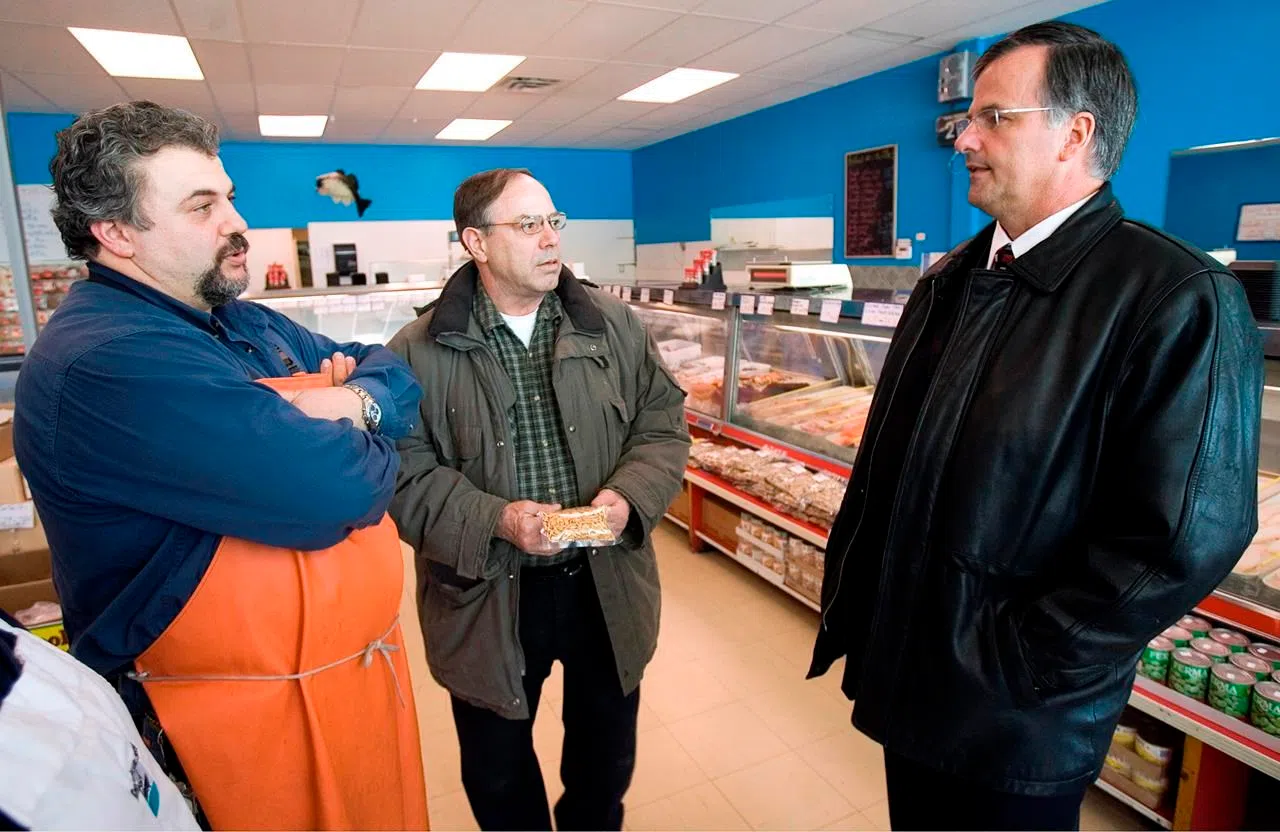
From top cop to politician, who is Quebec legislature member Guy Ouellette?
MONTREAL — From policing to politics, much of Guy Ouellette’s career has been spent in the public eye.
During Quebec’s biker gang wars of the 1990s, the outspoken provincial police sergeant’s media appearances made him the public face of the cops’ battle against organized crime.
Following his retirement, he chose another high-profile job when he entered politics, being elected for the provincial Liberals in 2007 and winning three other times since.
Now Ouellette, 65, is attracting attention of a different sort after his arrest by Quebec’s anti-corruption unit in connection with an investigation into an important information leak to the media last April.
